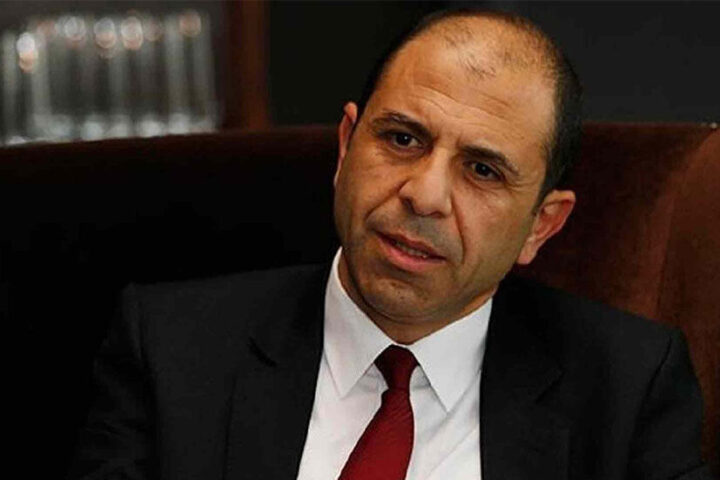Cypriots were awoken at dawn on Monday to the sound of sirens to mark the exact time 46 years ago when Turkish troops landed on a beachhead in Kyrenia on 20 July 1974.
And 46 years on, Cyprus remains divided with Turkey occupying the island’s northern third.
Repeated UN-led attempts to reunite the country under a federal roof have so far failed with no peace talks taking place since July 2017.
The Turkish invasion came only five days after the coup engineered by the Greek military then ruling Greece, that toppled the democratically elected Cypriot president, Archbishop Makarios III.
Air-raid sirens sounded at 0530 Monday, the exact time Turkish troops landed on the island’s northern shores.
In 1974 several thousand died, hundreds went missing and 200,000 became refugees as they fled the advancing Turkish troops.
A memorial service for soldiers killed during the invasion took place at Makedonitissa Tomb in Nicosia, in the presence of the acting President Demetris Syllouris and Greek National Defence Minister Nikos Panagiotopoulos.
A church memorial service was held at Faneromeni attended by Syllouris and the political leadership.
In the evening an event will take place at the Presidential Palace to mark and condemn both the coup and the Turkish invasion.
Political parties issued statements condemning the Turkish invasion and the continuing occupation, reiterating their determination to fight for a just and viable solution.
Turkish invasion
Turkey used the military coup as a pretext to invade Cyprus.
On July 20, 1974, citing article 4 of the Treaty of Guarantee, Turkish armed forces launched a full-scale invasion against Cyprus.
The Turkish invasion began with heavily armed troops landing in Kyrenia on the northern coast. Around 40,000 Turkish soldiers took part, equipped with the state-of-the-art military hardware.
A cease-fire was agreed on 23 July.
While Archbishop Makarios was in exile, the then-President of the House of Representatives and Greek Cypriot negotiator Glafcos Clerides stepped in as acting president.
On 14 August, after failed talks in Geneva, Turkey launched its second offensive Attila II, occupying Morphou, Famagusta and Karpasia.
Makarios returned to Cyprus in December that year.
Another 20,000 Greek Cypriots, who remained in the occupied areas, were also forced to eventually abandon their homes, and seek refuge in the safety in the south after a population transfer with Turkish Cypriots going north.
Today, only 328 Greek Cypriots and 109 Maronites remain in the north.
More than three thousand people were killed during the war, 846 Greek Cypriots are still missing, and 271 Turkish Cypriots remain unaccounted for, mainly, since the intercommunal strife of 1963-1964. (source CNA)










